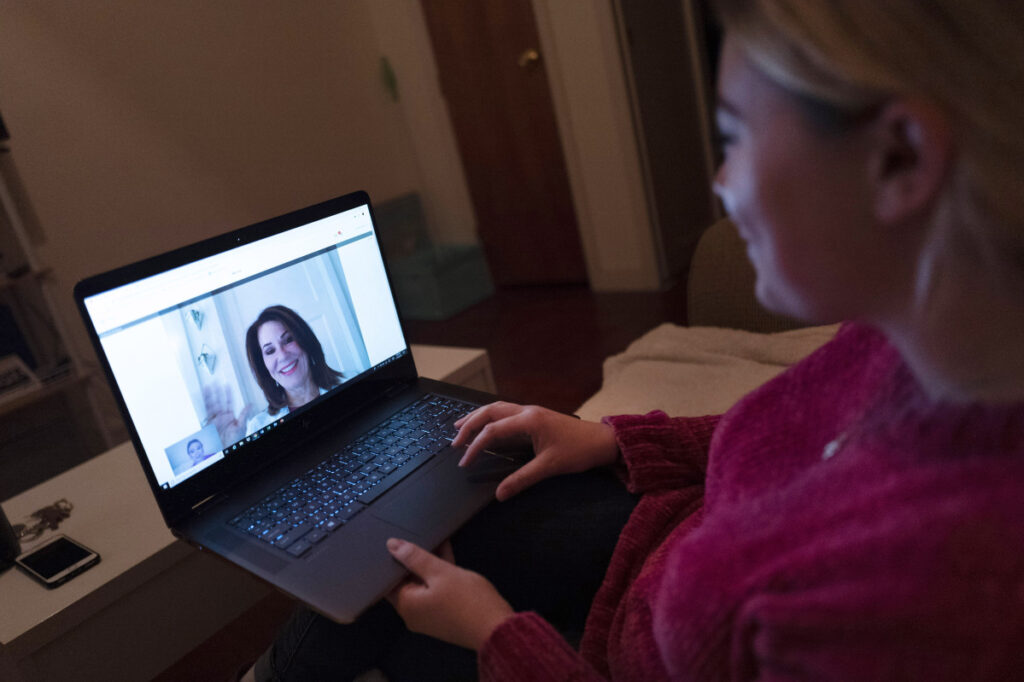Maine’s population, older and more rural than the country as a whole, seems tailor-made for telehealth — the practice of connecting patients and providers through phone and internet to monitor health, deliver services and cut down on in-person visits.
But for the most part, Mainers are still traveling for help — sometimes minutes away, often more — when the same service could have been delivered just as well online. As Portland Press Herald staff writer J. Craig Anderson reported in a July 28 article, advocates say Maine, with its demographics, should be using telehealth for a full quarter of its patient-provider interactions; right now, its estimated to be less than 5 percent.
One reason it’s not higher is the lack in many areas of the state of reliable broadband internet, a necessity for telehealth. Better health care is just one of the many good reasons for Maine to prioritize faster internet speeds in all corners of the state.
The other factor holding back telehealth, however, will have to be addressed in Washington: Medicare only covers telehealth services in very limited circumstances, and without the promise of Medicare revenue, health care providers won’t make the required investment in their own telehealth programs.
Each member of Maine’s congressional delegation says they support allowing Medicare reimbursements for a wider range of services. Rep. Jared Golden, D-2nd District, has co-sponsored two bills to that effect. Rep. Chellie Pingree was co-sponsor of a Medicare telehealth bill that failed last year; she expects it to resurface this year.
At a time when rural hospitals are closing or eliminating services across the country, it’s time to take telehealth seriously as a way to fill the gap.
There has been some positive momentum on the issue. The Department of Veterans Affairs has put in place a telehealth initiative. Medicare Advantage plans will cover telehealth starting next year, affecting about 100,000 Mainers. Advocates say the Center for Medicare & Medicaid Services is moving in the right direction.
But that process is going slowly, and real progress is going to require action in Congress to change the law. Sen. Susan Collins told the Press Herald that broader support in Congress may rest on whether the Congressional Budget Office finds such changes would increase Medicare spending significantly.
Cost is not the only factor, however; it certainly is not the most important. Including telehealth in the Medicare program could increases costs by giving people access to much-needed services that had been denied them before.
Or, it could cut costs by improving the care of patients, such as those with chronic illnesses that can be monitored more closely, with problems addressed before they warrant a trip to the hospital. That’s how a 68-year-old Scarborough man who talked to the Press Herald said he cut back on frequent visits to the emergency room caused by his chronic obstructive pulmonary disease, or COPD.
In any case, the decision should be based on whether telehealth delivers services in a more effective way.
For seniors, for rural Mainers of all ages and those who live on islands, and for residents with mobility and chronic health issues, that certainly seems to be the case.
Send questions/comments to the editors.



Comments are no longer available on this story